Title: Mindcrafting: How to Mentor Your Ageing Mind
Author: Dr Declan Lyons
Publisher: Beehive Books
Reviewer: Prof Brendan Kelly
At the start of his new book, Mindcrafting: How to Mentor Your Ageing Mind, Dr Declan Lyons points out that “longevity has added 25 years to our life expectancy over the last century – we now survive the equivalent of a whole new adult lifetime longer than our great-grandparents”. This certainly “presents enormous opportunities to grow and thrive”, but are we realising this potential? Where is the longevity dividend?

Dr Lyons writes that “it is impossible to generalise about older people”, just as it is impossible to generalise about any age-group – and yet we do it all the time. We refer to “generations” when generations are not clearly defined. We refer to “young people” or “middle-aged people” when each group is heterogenous, poorly delineated, and constantly changing. There are no generations, there are no age-groups, there are only people.
In this rush to over-generalise, older people are at risk of being stereotyped and marginalised, with negative consequences for their health and wellbeing. This can be addressed in two ways, both of which are necessary.
First, there is a societal requirement to correct misapprehensions, revise public policy, and ensure that older adults are included in all aspects of life. This is everyone’s business, not just the responsibility of governments and state agencies. With good luck and some planning, we will all be older adults someday.
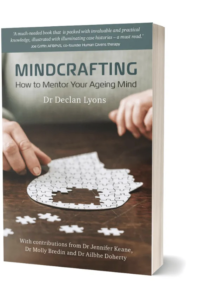
Second, as individuals, it is useful if we recognise and manage our evolving physical and emotional needs as we age in order to optimise our wellbeing into later life. This is where Dr Lyons’s new book will prove very useful.
Many readers are already familiar with Dr Lyons, a Consultant Psychiatrist at St Patrick’s Mental Health Services and a Clinical Associate Professor in Psychiatry at Trinity College Dublin. His previous publications include The Time of Your Later Life: Ref lections on Ageing with Attitude (2018) and The Evergreen Guide: Helping People to Survive and Thrive in Later Years (2014).
Dr Lyons has trained in the “Human Givens” set of organising ideas around the genesis of emotional and psychological distress, based on the idea that “if emotional and psychological needs are met in a balanced way, mental health difficulties at any age are significantly reduced”. Dr Lyons’s book applies these principles to older people, explains the benefits of this approach, and contextualises these ideas for a wider audience.
Dr Lyons writes that ‘it is impossible to generalise about older people’, just as it is impossible to generalise about any age-group – and yet we do it all the time
More specifically, Mindcrafting explores and explains “perspectives on later life”, “the givens of human nature”, “innate human resources”, “the importance of our environment”, and “challenges to wellbeing in later years”. There is an especially helpful section on recognising your needs, with a point-by-point “emotional needs audit”. Dr Lyons provides useful guidance on “mind and body health” with plenty of practical suggestions to support mental and physical wellbeing as we age. All of this is pragmatic, sensible, and very clear.
Part three of the book looks at “dealing effectively with mental distress: Professional help”. This section includes exceptionally useful guides to depression, anxiety, declining memory, and late-life dementia, as well as drug treatments, psychological therapies, and “ethics in healthcare of older people”. Dr Lyons is emphatic about the “onus on health professionals who come in contact with distressed older people” to recommend therapy, dispel misperceptions about lack of efficacy, and advocate for services.
Dr Lyons delivers all of these recommendations in an informed, readable, and highly professional way. Mindcrafting also has contributions from Dr Jennifer Keane, Dr Molly Bredin, and Dr Ailbhe Doherty, which further enhance the text.
As GP Dr Harry Barry points out, Mindcrafting “lays out a beautifully crafted, holistic approach to how we, both individually and collectively as a people, can adapt to the physical, cognitive, and emotional changes, which accompany this stage of life”.
Fittingly, the book concludes by restating the “abundant gifts of later life” – gifts which this book can do a great deal to preserve and enhance for the benefit of all, old and young alike.
Prof Brendan Kelly is Professor of Psychiatry at Trinity College Dublin and author of In Search of Madness: A Psychiatrist’s Travels Through the History of Mental Illness (Gill Books).
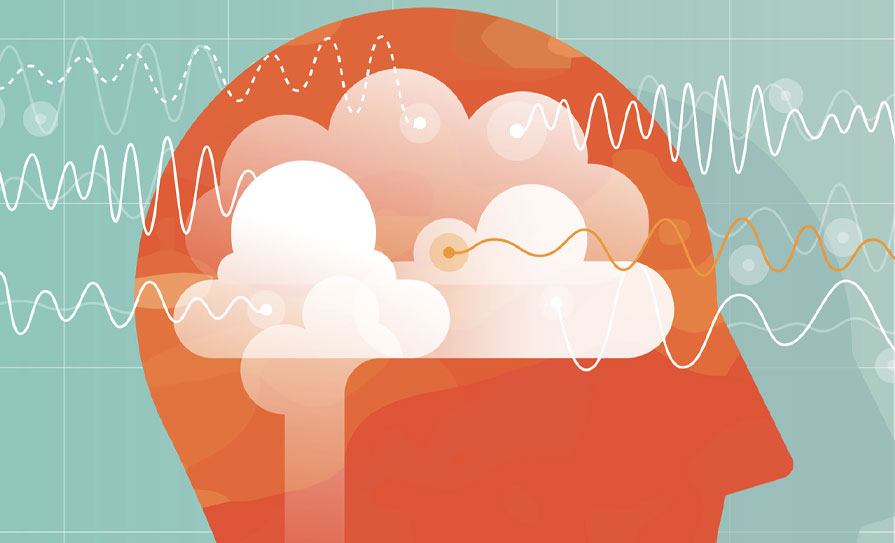
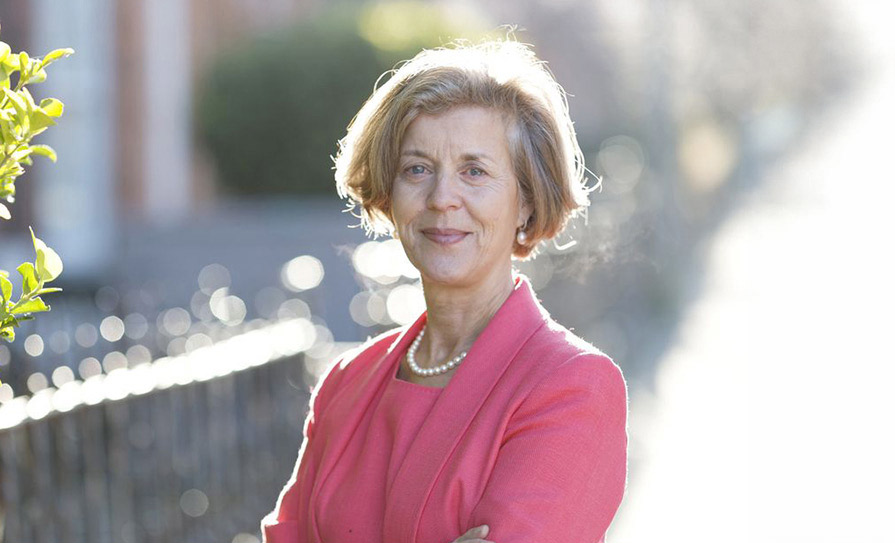
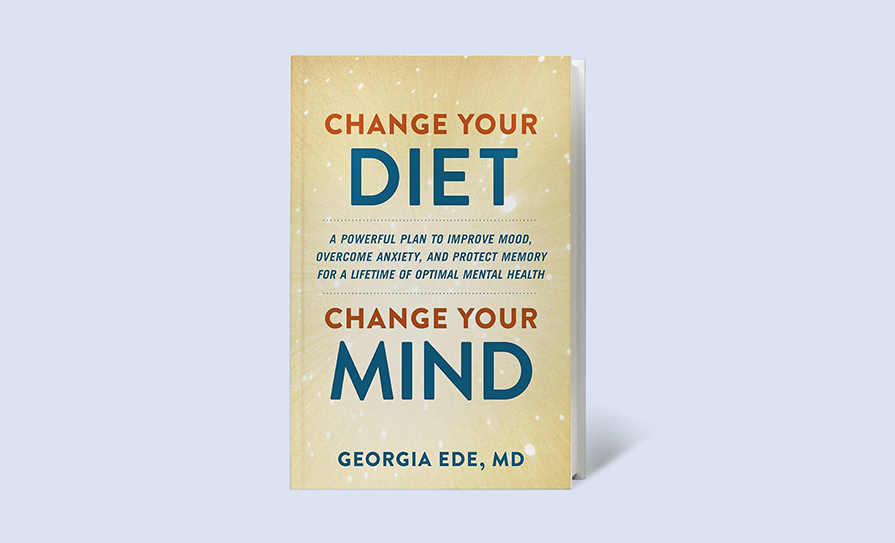
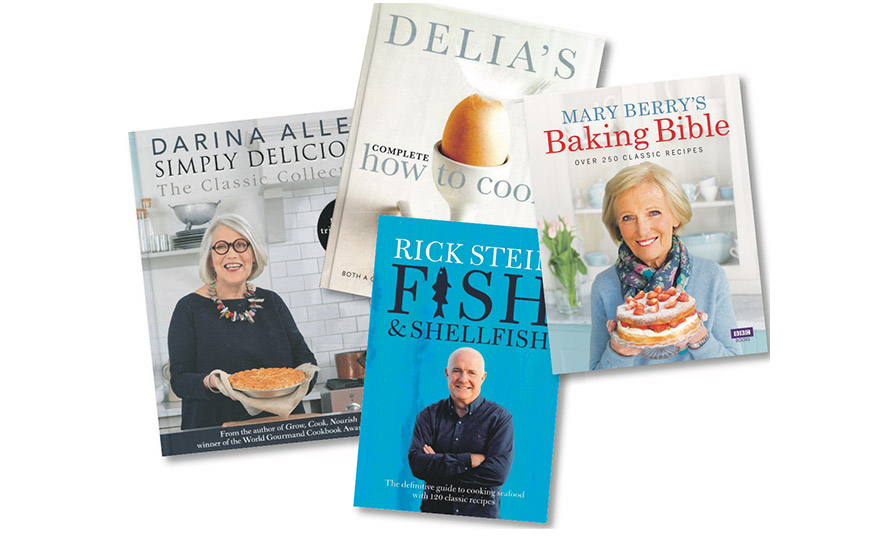
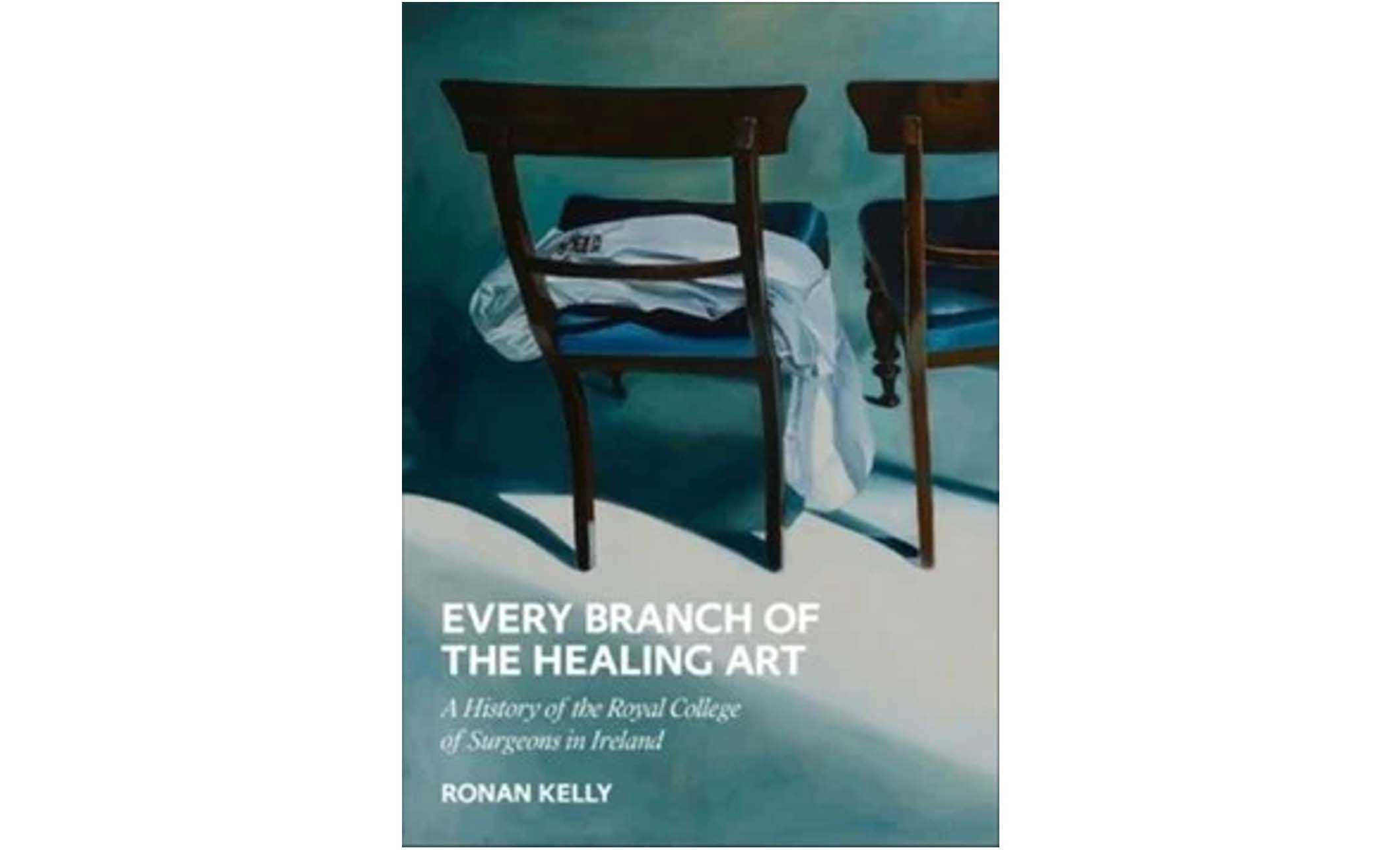
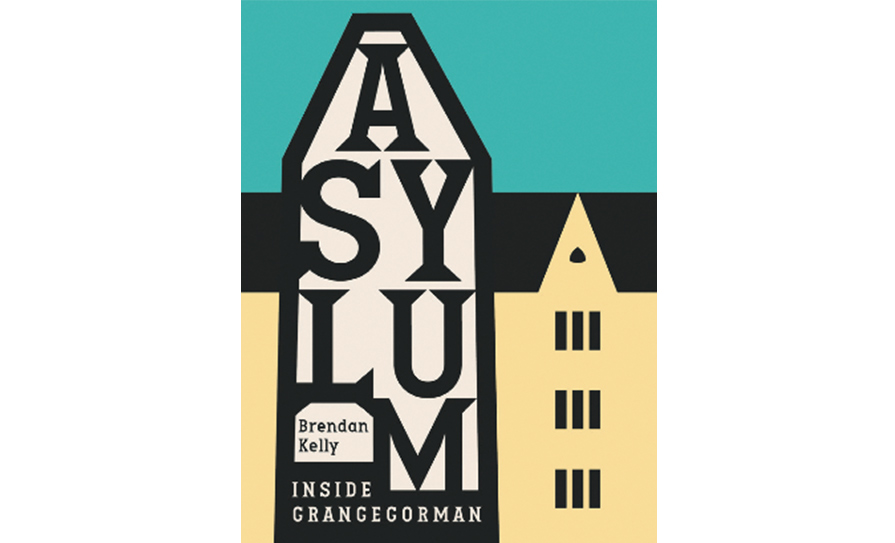

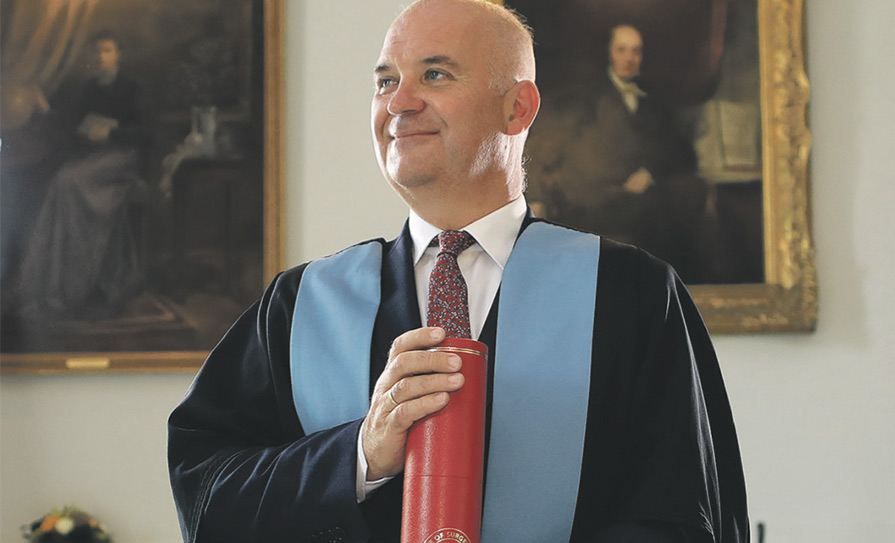





Leave a Reply
You must be logged in to post a comment.